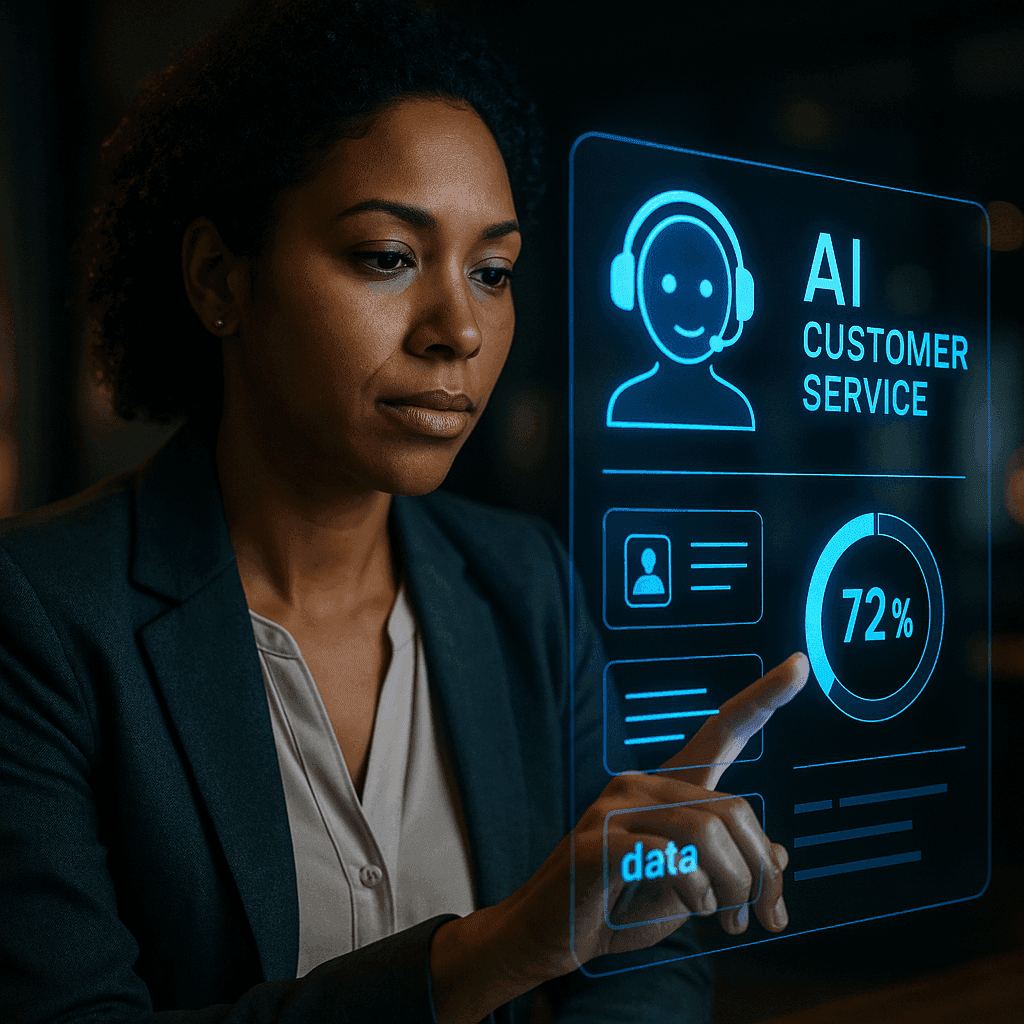Chatbot vs. AI Agent: Knowing the Difference That Matters

Chatbot vs. AI Agent: Knowing the Difference That Matters
Ever felt like the terms "chatbot" and "AI agent" are thrown around interchangeably? You’re not alone! In today’s fast-paced business world, where AI is everywhere – from customer support to HR – understanding the real distinction between these digital helpers isn't just a technicality; it's critical for delivering truly seamless experiences. It’s no longer just about automating FAQs, but about automating entire customer journeys and complex business processes.
So, let's clear the air and see what makes them tick.
Chatbots: Your Friendly, Scripted Greeter
Think of a chatbot as your organization’s highly efficient receptionist. They’re excellent at what they do, but their role is usually predefined: reactive, rule-based, and designed for narrow use cases. Got a quick question about store hours or need to track a package? A chatbot is your go-to. They follow a script, provide information, and if things get too complex, they politely hand you over to a human. Their job is to field those simple, repetitive queries, keeping security risks relatively low due to limited data access.
AI Agents: The Proactive Problem-Solver
Now, imagine that same receptionist, but they can also predict your needs, make decisions, and execute complex, multi-step tasks across various departments without missing a beat. That’s an AI agent! These aren't just responders; they're proactive, context-aware programs capable of integrating with diverse systems. They can plan, retrieve data, and actively complete tasks – from booking an entire trip to diagnosing a tech issue and creating a ticket, all autonomously. This incredible power comes with a need for robust security and governance, as agents often have broader system access.
Here's the quick rundown of the key differences:
- Autonomy: Chatbots wait for input; AI Agents can initiate actions.
- Adaptability: Chatbots are rule-based and static; AI Agents learn and adapt.
- Action Scope: Chatbots follow scripts; AI Agents make decisions and execute real-world actions.
- Context: Chatbots have little memory; AI Agents maintain and leverage history.
Real-World Power: AI Agents in Action
To really grasp the difference, let’s look at how they perform in the trenches:
- E-commerce Customer Service: A chatbot might tell you the return policy. An AI Agent, however, can autonomously validate your transaction, initiate the return, process the refund, and trigger a shipping label creation – all without a human lifting a finger.
- Enterprise IT Helpdesk: A chatbot can reset your password. An AI Agent can diagnose a software configuration error, escalate complex incidents, and create/update tickets across Jira, ServiceNow, and email, keeping track of the context throughout.
These agents leverage advanced Large Language Models (LLMs) and context tracking to orchestrate multi-step processes end-to-end, learning from every interaction to get smarter.
What’s Next for Your Business? The Orchestrated Future
Experts predict a rapid expansion of AI agent adoption as businesses demand greater automation. The line between sophisticated chatbots and entry-level agents will continue to blur, but the agent's ability to act independently and learn remains its defining characteristic.
The future isn't about choosing one or the other; it’s about orchestrated AI. Many organizations will strategically use chatbots as the digital front door for high-volume, low-risk tasks, gradually integrating AI agents for deeper, more complex problem-solving. It’s about mapping your workflows to identify where context, multi-system action, and true autonomy are needed most.
By understanding these powerful tools, you can ensure your business leverages AI to deliver truly exceptional, efficient, and secure digital experiences.
More Articles

The CX Revolution: 65+ AI Customer Service Stats You Need for 2025
Explore how AI is rapidly transforming customer service by 2025, from lightning-fast chatbots to hyper-personalization, and why a human touch still matters.

Is AI Taking Over Customer Service? What 2025 Really Looks Like
Explore how AI is reshaping customer service in 2025, from hyper-personalization to autonomous agents, and discover the essential balance between efficiency and the human touch.